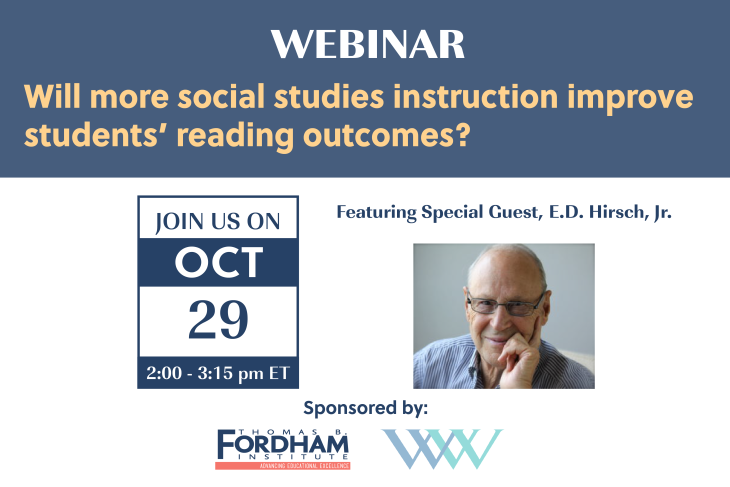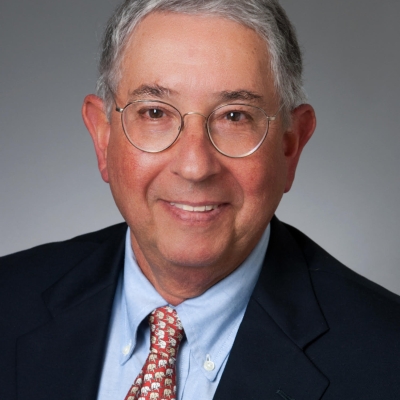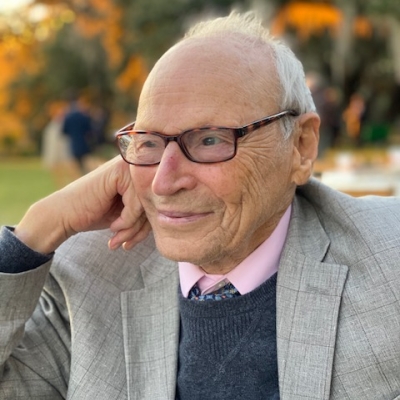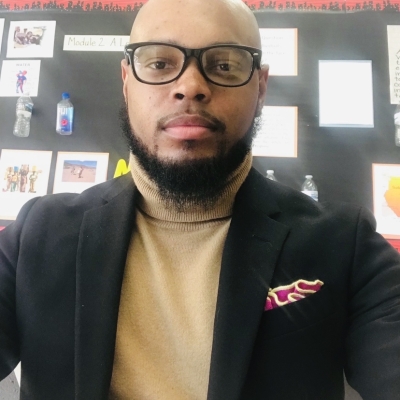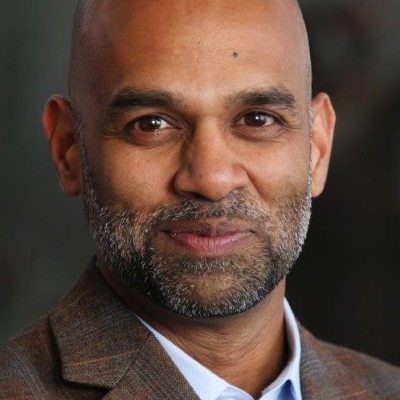According to the Nation’s Report Card (NAEP), just one-third of U.S. fourth- and eighth-grade students can read proficiently. Among students eligible for free or reduced-price lunch, it’s just one in five.
These abysmal levels of literacy have plagued American educators, researchers, and reformers for decades. And myriad reading interventions and initiatives aimed at improving the situation have failed to substantially boost these outcomes. But why?
Strange as it may seem, one reason is that elementary schools may spend too much time trying to teach reading! It’s common for elementary schools to schedule a “literacy block” that often stretches to more than two hours per day, and these blocks are typically dedicated to developing reading skills and strategies such as “finding the main idea” and “determining the author’s perspective.” Yet research continues to accumulate showing that increased knowledge and vocabulary is the key to improving reading comprehension, and that the status quo’s focus on reading skills and strategies may be contributing to our nation’s abysmal reading outcomes. Instead, a classroom focus on building student knowledge of the world via subjects like history, geography, science, and social studies will equip students with critical background knowledge they need to comprehend all sorts of texts and make them truly literate.
Fordham’s associate director of research, Adam Tyner, and early childhood researcher Sarah Kabourek bring forth groundbreaking evidence on the debate in their latest study, Social Studies Instruction and Reading Comprehension: Evidence from the Early Childhood Longitudinal Study. They find that increased instructional time in social studies—but not in English language arts—is associated with improved reading ability.
Join us and the WW Foundation for a discussion about this first-of-its-kind study and its implications for policy and practice, moderated by Fordham’s president emeritus Chester E. Finn, Jr. Among our speakers—in addition to Tyner—will be the “father” of the content knowledge movement himself: E.D. Hirsch, Jr., author of many seminal books that document the evidence, including, most recently, How to Educate a Citizen. Our other expert panelists include Stefanie Wager, president of the National Council for the Social Studies, and Raj Vinnakota, president of the WW Foundation.
Agenda
Opening Remarks: Raj Vinnakota
Moderated panel discussion, including overview of report findings: Chester E. Finn, Jr.
Audience Q & A
Closing remarks: Chester E. Finn, Jr.
About Our Speakers
- Chester E. Finn, Jr., President Emeritus and Distinguished Senior Fellow at the Fordham Institute and a Senior Fellow at the Hoover Institute
- E.D. Hirsch, Jr., the founder and chairman of the Core Knowledge Foundation and professor emeritus of education and humanities at the University of Virginia. He is also the author of several acclaimed books on education in which he has persisted as a voice of reason making the case for equality of educational opportunity. In 1986, he founded the Core Knowledge Foundation. A year later he published Cultural Literacy: What Every American Needs to Know, which remained at the top of the New York Times bestseller list for more than six months. His subsequent books include The Schools We Need, The Knowledge Deficit, The Making of Americans, and most recently, How to Educate a Citizen: The Power of Shared Knowledge to Unify a Nation.
- Devin L. James is a native of Baltimore, MD. Devin began his teaching career with Baltimore City Public Schools, where he taught for four years. Currently, Devin is a 5/6 Grade Humanities Teacher at Center City Public Charter School in Washington, D.C. Similarly, Devin is a national fellow with Great Minds where he facilitates professional development training around the Wit & Wisdom curriculum.
- Adam Tyner, Associate Director of Research, Fordham Institute
- Raj Vinnakota, president of the WW Foundation, effective July 1, 2019. WW prepares leaders and engages networks of people and organizations to meet urgent education challenges. The overarching goal is to shape an informed, productively engaged, and hopeful citizenry. Raj is former executive vice president at the Aspen Institute, where he founded the Youth & Engagement Programs division. Prior to joining the Aspen Institute, Raj was the co-founder and CEO of The SEED Foundation, a non-profit managing the nation’s first network of public, college-preparatory boarding schools for underserved children. Raj attended Princeton University, from which he received a degree in Molecular Biology, as well as certificate of studies from the Woodrow Wilson School of Public Policy.
- Stefanie Wager, President of the National Council for the Social Studies. She is also the Social Studies Consultant for the Iowa Department of Education. In this role, she provides leadership and guidance at the state level for social studies education. Prior to this, she taught high school social studies for Des Moines Public Schools and Dallas Center-Grimes Schools and worked at Instituto Thomas Jefferson in Naucalpan, Mexico. In addition, she formerly served as the coordinator of a Teaching American History Grant. She received both a bachelor’s and master’s degree from Drake University in Des Moines, Iowa. In 2011, Stefanie was named an Emerging Leader in Education by ASCD. Stefanie lives in Grimes, Iowa, with her husband Jake, who is also a social studies teacher, and their two children, Lincoln and Grace.
